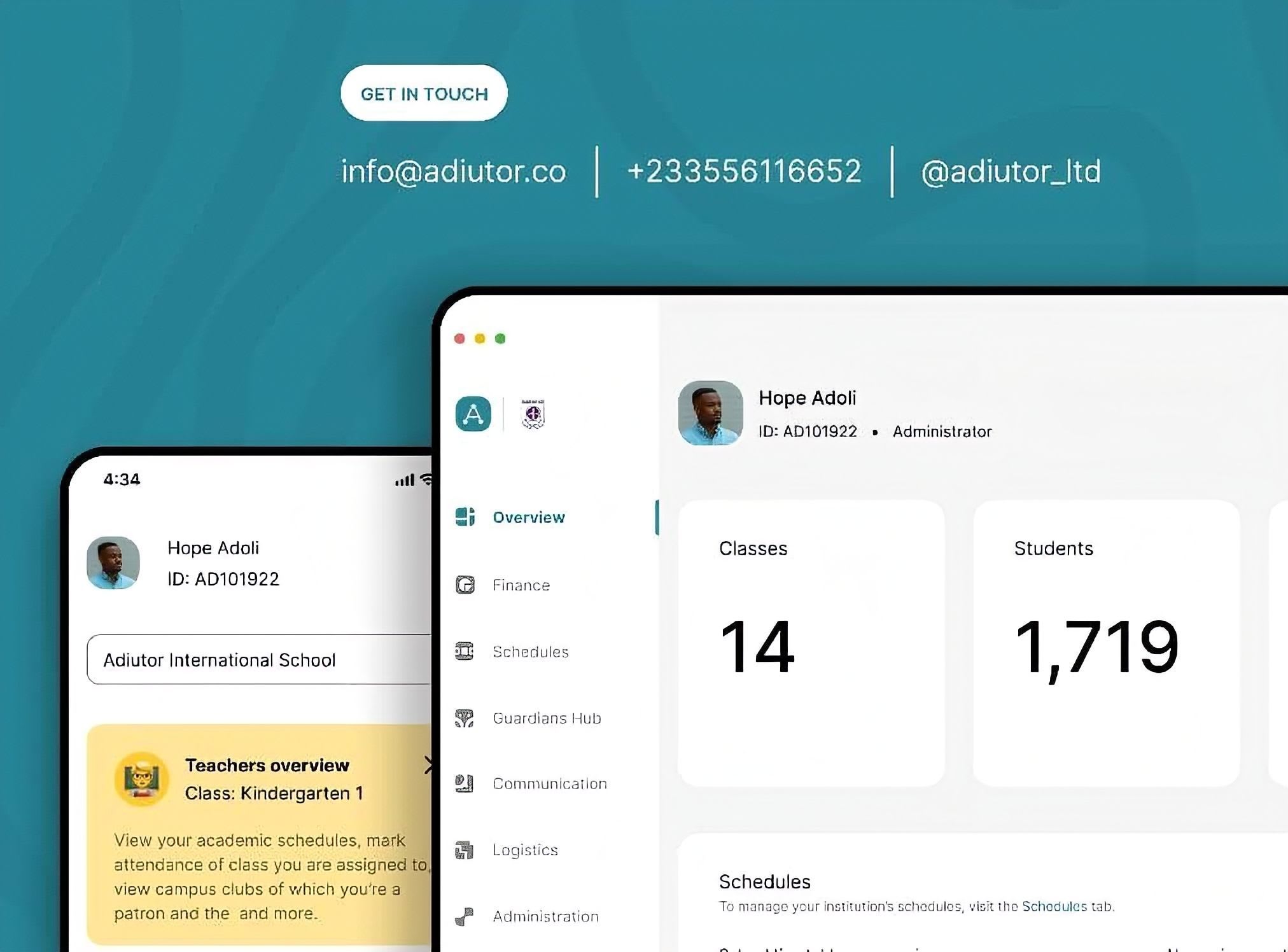Enhancing Teacher-Parent communication

The importance of effective teacher-parent communication cannot be overstated when it comes to ensuring the smooth progress of your student’s education. In this article, we explore different methods to improve this relationship and discuss ways in which it can benefit children's learning development.
💡 Lessons learnt: Coming together is the beginning, keeping together is progress and working together is success.
To work together towards success in school, teachers and parents should be able to create a supportive environment for clear communication between everyone involved. This includes improving dialogue through timely feedback mechanisms and open discussion forum points, as well as identifying potential obstacles that can impede constructive communication among teachers, students and their families before any conflict can arise from them. In creating this fluid exchange of information between all parties involved in a student's academic journey, adults can ensure that every individual has an understanding of each other’s role within the educational structure so they are better equipped with what is needed to bring out the best learning performance in our kids. For instance, parents should provide support at home while working collaboratively with teachers who emphasize positive reinforcement during class time.
Benefits of Effective Teacher-Parent Communication
Studies suggest students whose parents are more involved in their studies are more likely to experience:
- Improved academic performance.
- Reduced absenteeism.
- Good student behaviour.
- Parents who are more empowered and engaged in their children's school work.
Strategies for Strengthening Teacher-Parent Collaboration
The foundation of a successful education system is built upon the trust between teachers and parents. This can be achieved by:
- Helping teachers gain a better understanding of parent perspectives and approaches to parenting styles, as well as crafting a shared language between school and parents that reflects each group's values and needs.
- It's advisable for School Administrators to develop a school-parent compact that outlines expectations for both parties in promoting student success.
- Providing training for teachers on working with diverse families will allow them to better understand family needs and challenges.
- Technology can be an invaluable tool in facilitating more efficient interactions by allowing parents and teachers to easily connect via online platforms or apps. With the technology available today, teachers can easily reach out to parents and draw parents' attention to the little problems and solve them together before they become big ones.
- Share your school/class schedules. Give parents the ability to look ahead and see what will be happening, such as when they will be studying specific units throughout the year or when your class will have P.E. or library time.
- School events also present a great opportunity for students to come together, break down barriers between people of different backgrounds and opinions, and foster meaningful conversations. To ensure that these important conversations take place at school events, try encouraging learners to collaborate. This can be done by providing activities such as ice-breakers or group projects to spark open discussions about topics related to the event’s purpose. You could also consider leveraging student clubs or organizations that are already working towards a common goal.
By enhancing teacher-parent communication, both teachers and parents can gain a better understanding of the student's progress and help create an environment that is conducive to learning at home and at school.

Adiutor
Adiutor means "helper" - we do just that, by taking a load of your school administration and helping you focus on what matters most: the kids.
